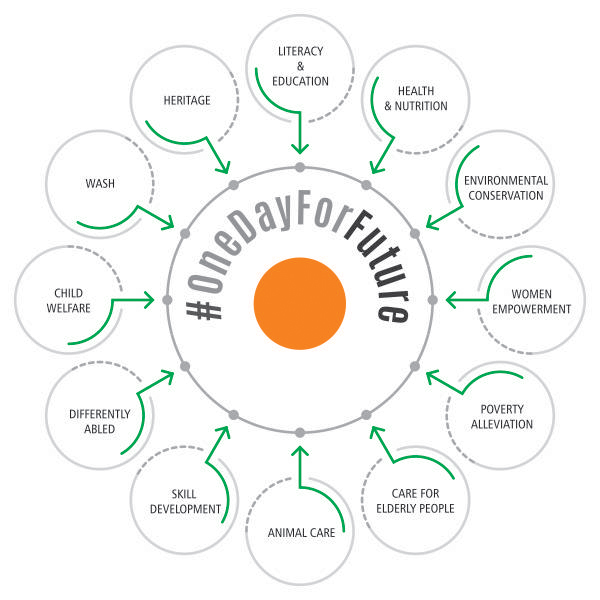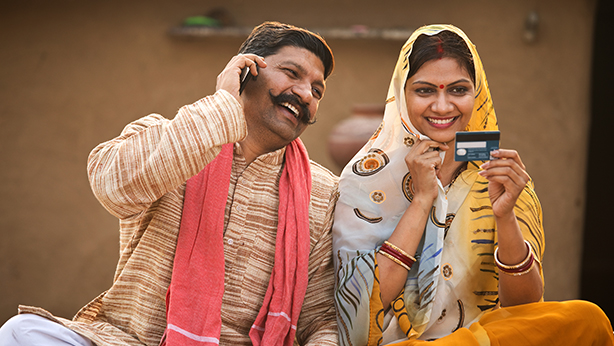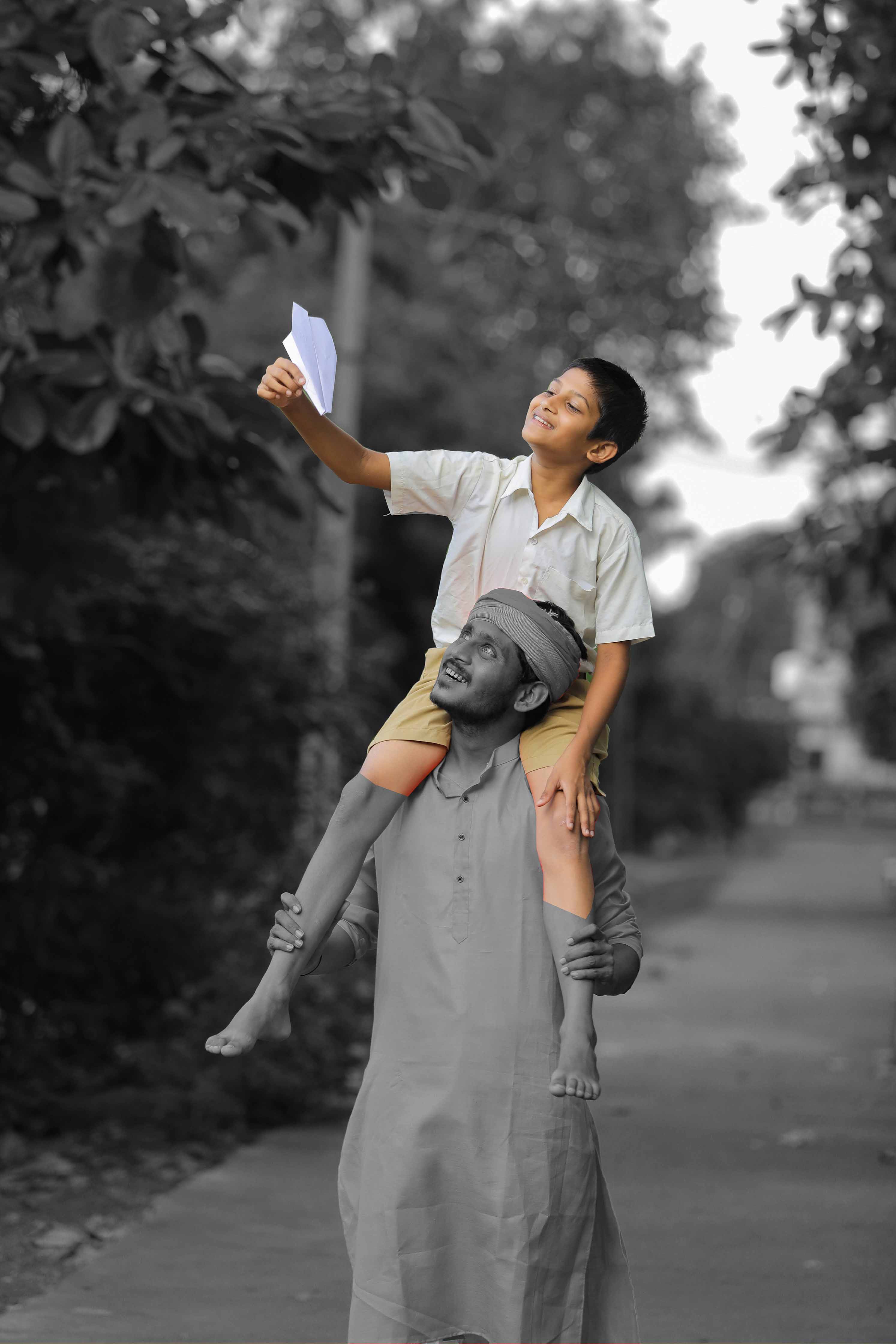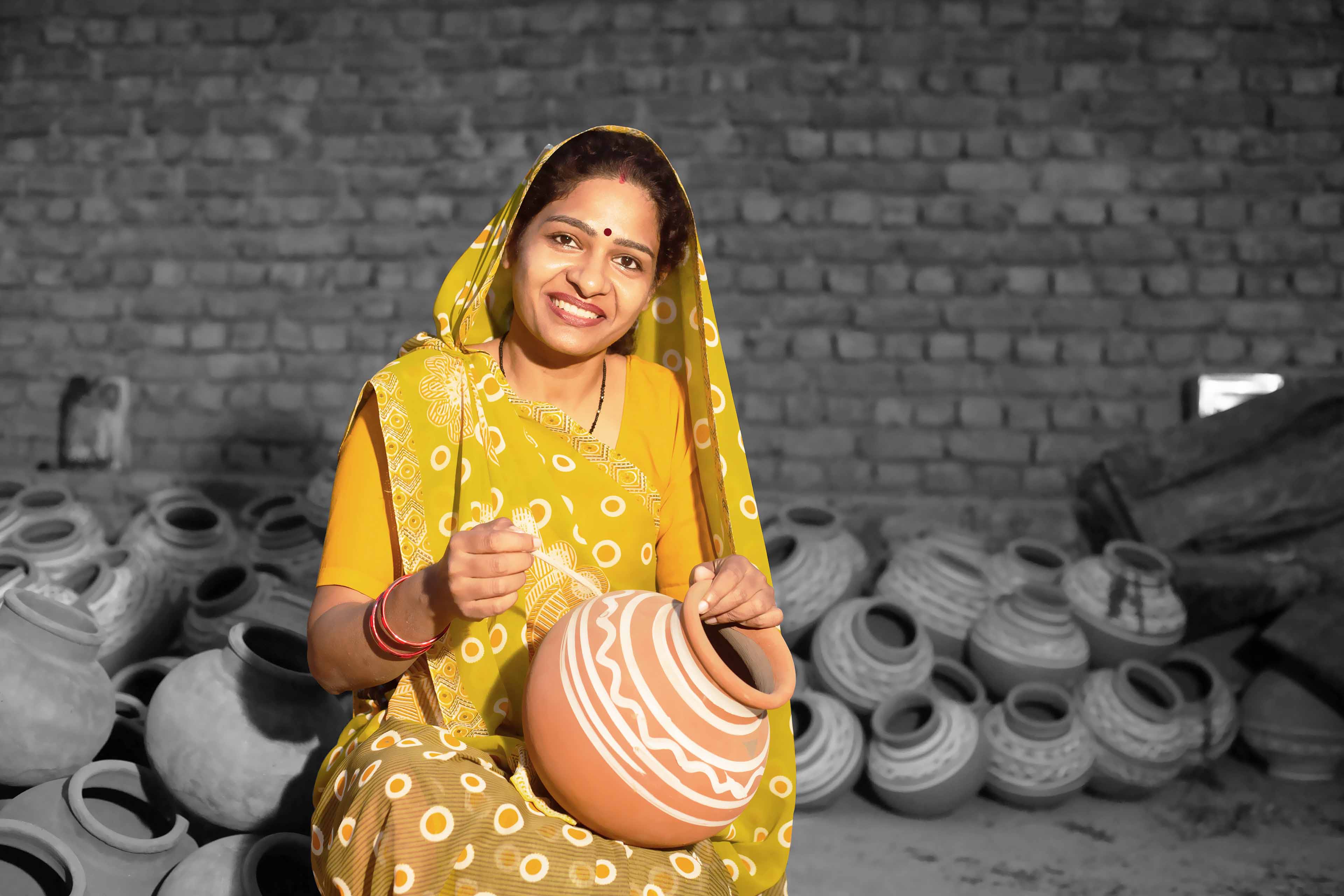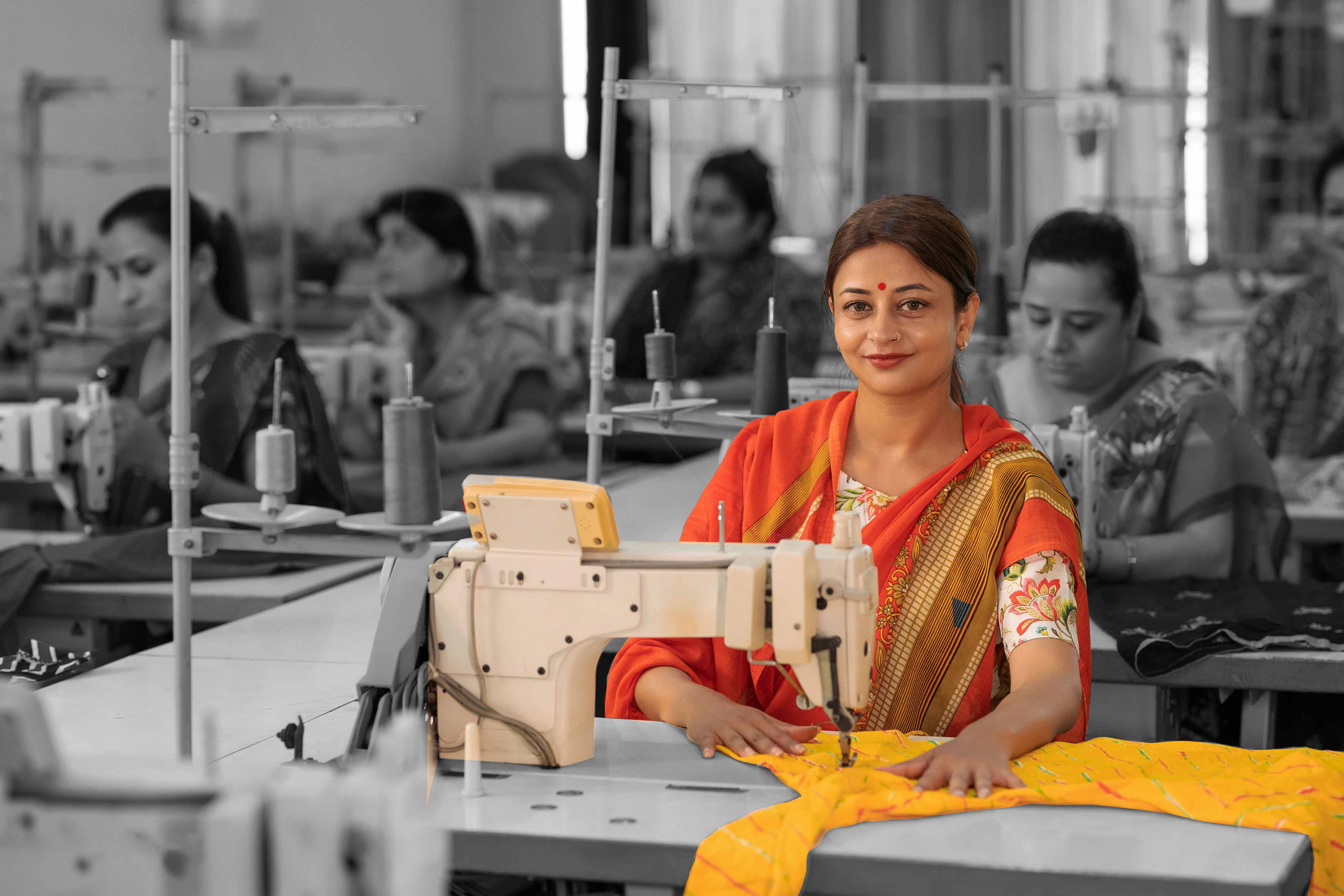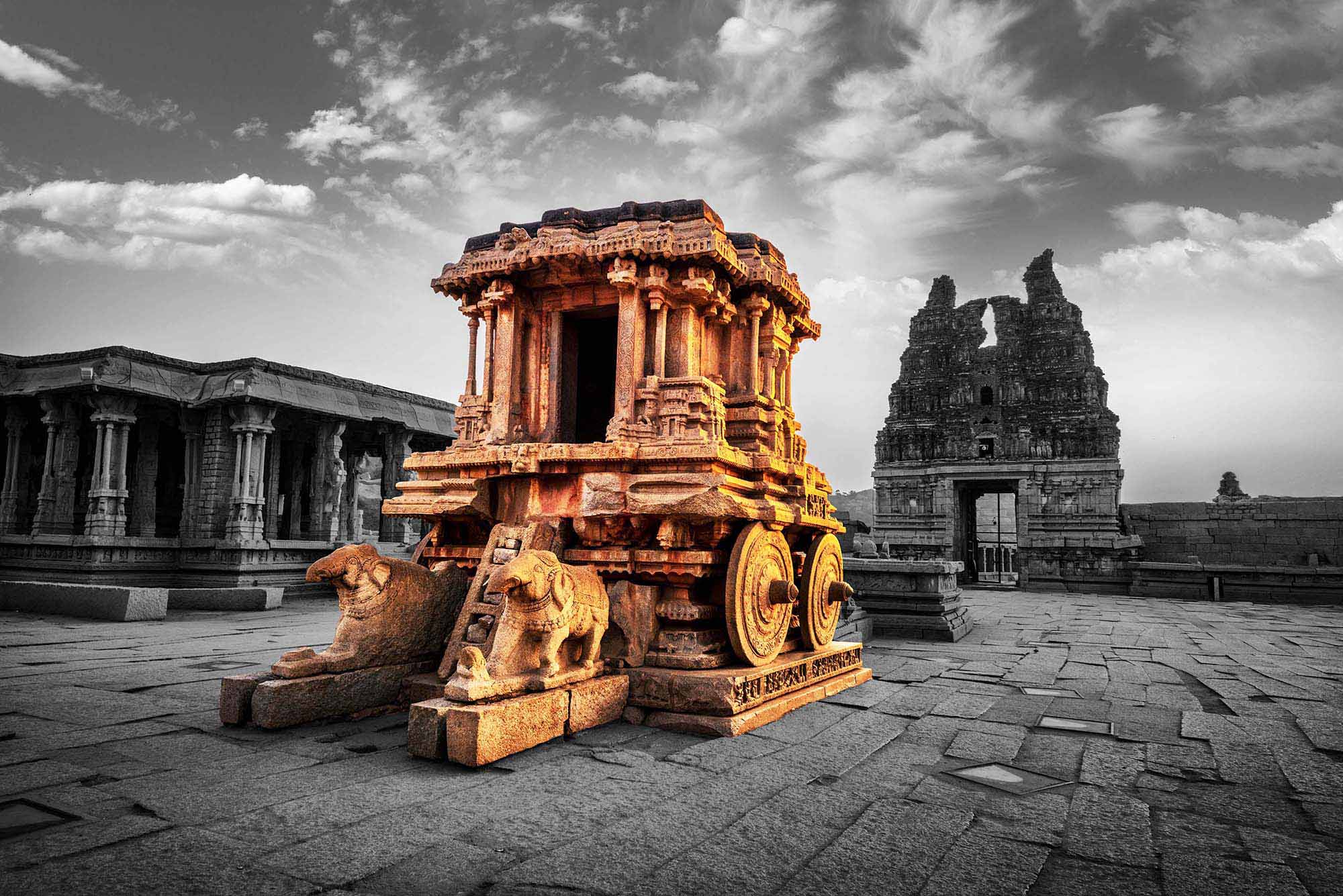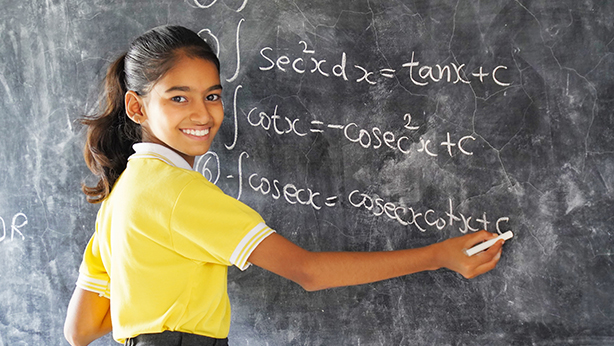Use your power to make a difference by joining our Let's Do Good initiative.
Top 20 NGOs in India Working for a Better Future
Tuesday , 24 June 2025- 5 min. read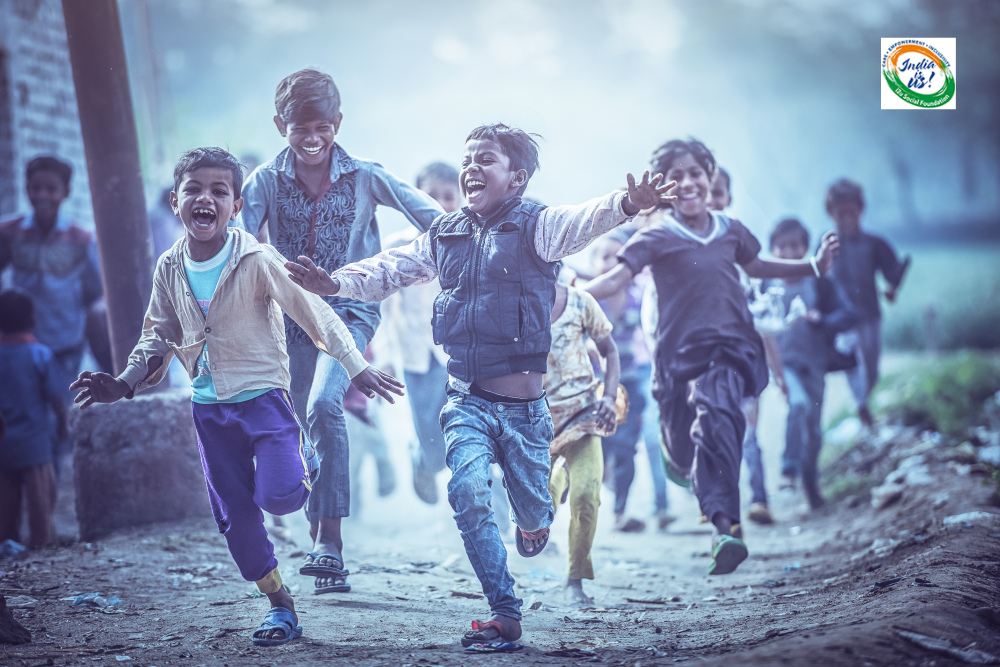
Donate for NGO
India's non-profit sector is large, but a handful of organizations rise above the rest in terms of scale, resolve and impact of the opportunities they address. Below are 20 NGOs across multiple sectors, including education, health, environment, gender, and rural development, showcasing commendable commitment toward these goals.
1. Pratham
Founded in 1995, Pratham is one of India’s largest NGOs focused on improving the quality of education in government schools. The organization is well-known for its low-cost, scalable teaching practices and the now-dominant ASER (Annual Status of Education Report). Pratham's focus area is mostly in foundational literacy and numeracy, but its "Teaching at the Right Level" methodology has been localized and replicated globally. With its ability to influence both practice and policy in the education system, Pratham is in a class above in India's education space.
2. Goonj
Goonj was founded in 1999 and takes urban surplus (such as clothes and materials) to engage in rural development work. The organization has created a model called "Cloth for Work" to engage the populace to solve local issues, such as building roads or cleaning ponds, in exchange for dignity kits made from recycled materials. Goonj is re-inventing the notion of charity to be dignified and resourceful and linking urban consumption and affluence with rural need. Goonj has created a decentralized method of developing communities.
3. The Akshaya Patra Foundation
Akshaya Patra Foundation (APF), started in 2000, is an innovative response to two of India's major challenges—hunger and education— through serving school meals. They operate the world’s largest school meal program that provides nutritious meals each day to over 1.8 million children across 14 states and 76 locations. By leveraging technology and logistical know-how, they operate massive kitchen facilities to provide hot and nutritious meals for underprivileged children attending government schools. Servicing travelling over 140,000 km a day, they have had a positive impact on school attendance, children's concentration in school, and children's classroom performances who are from marginalized households.
4. Self-Employed Women’s Association (SEWA).
The Self-Employed Women’s Association (SEWA) is a trade union for women from the informal sector. SEWA began in 1972 with around 20 women traders, and it is now home to over 2 million women. SEWA aims to empower women and consequently achieve gender equitable economic development, through providing women with access to financial services, capacity building and development (refers to healthcare, insurance, training), and opportunities for collective action and bargaining. The SEWA cooperative model centers around self-reliance, sustainability, and the power of solidarity and has made significant inroads into becoming a model for justice-based economic development for women. SEWA promotes grassroots leadership over the structure of the trade union and a decentralized approach; the latter has inspired the growth of alternative models internationally.
5. HelpAge India
HelpAge India has been a critical voice for older people’s rights and well-being since 1978. The organization provides healthcare outreach programs, elder homes, and advocates for age-friendly policies. As the aging population of India increases, HelpAge’s importance in providing dignity, care, and advocacy for older citizens is crucial. It has impacted national policies on elder care and has improved access to elder health facilities and services.
6. CRY (Child Rights and You)
CRY began in 1979 to work to find solutions to the causes of child deprivation, rather than relying on charity. It partners with grassroots organizations and communities to find solutions that fulfill the rights of children to: survival, development, protection, and participation. CRY partners with grassroots communities to create sustainable change in the child protection ecosystem. CRY believes children's rights must be fulfilled by creating child-friendly ecosystems, not just services. CRY is known internationally for using campaigning and bureaucratic advocacy to improve children’s rights and using data to support public awareness.
7. Smile Foundation
Smile Foundation, established in 2002, works across health, education, and skill development utilizing a unique “Social Venture Philanthropy” model by combining the functions of supporting, scaling these grassroots initiatives, and ensuring accountability and sustainability. Smile’s signature health program, Smile on Wheels, delivers mobile healthcare solutions to the unprivileged rural and urban underserved. Its integrated approach can ultimately enable the entire community to escape multi-dimensional poverty.
8. Amarpushp Educational & Welfare Society
Amarpushp Educational & Welfare Society (AEWS) is a non-profit organization registered under the Societies' Registration Act of 1860. AEWS was set up in May 2011 and since then has been raising resources for girls, rural children's education, women's empowerment, food and clothes for people and other social issues. Amarpushp is founded by Mrs. Gitanjali Kushwaha (Founder) and Mr. Ashish Kushwaha (Co-Founder), Mr. Amar Nath is Vice President and Mrs. Pushpa is Mentor of the organization. They have been working on many areas to help and educate people.
9. Global Thought Foundation
Global Thought Foundation believes in empowering by guiding. Their goal is to establish healthier, educated, empowered and greener communities. For this, they work to improve accessibility and equality in our four Focus Sectors: Education, Women Empowerment, Healthcare, and Environment. They create and make available opportunities and services in our focus sectors to bring welfare and development into the lives of the rural and urban poor who are socially marginalized and economically poor.
10. Visamo Kids Foundation
Visamo Kids Foundation (VKF), an Ahmedabad-based NGO, works towards providing free education to poor children coming from underprivileged (below poverty line) families from all over Gujarat.
Visamo, a truly sustainable, fresh, vital and dynamic initiative, started off with 18 underprivileged children from the poorest of the poor families from earthquake-affected regions of Gujarat. Since its initiation in 2002, soon after the massive earthquake that shook the whole of Gujarat, VKF has focused on working towards empowering lives by facilitating access to quality education and a secure environment for the underprivileged children of Gujarat.
11. Spread Happiness Foundation
Spread Happiness Foundation (SHF) is a non-profit and non-governmental organization, creating awareness on basic hygiene, environmental protection, and educating the uneducated masses apart from their regular corporate profession. Spread Happiness Foundation is registered under the Bombay Public Trust Act 1950. It aims to establish a sound environmental and ecological order by planting new saplings, protecting the existing trees, creating pollution awareness among students, and involving more and more school, college, and university students in environmental protection through effective training. Apart from this, the organization is active in social service for the deprived and marginal class of people. The organization also works for migrants. Often, the volunteers of the organization take sessions for creating awareness among the society and skill development for the students by organizing cultural, debate, essay, painting, and sports competitions to boost their confidence in this comparative environment.
12. BEST - Bhavitha Educational Society for Transformation
Bhavitha Educational Society for Transformation (BEST) is a registered non-governmental organization (NGO), formed in December 2012 in Andhra Pradesh, India, providing education, livelihood support, and community empowerment to marginalized tribal peoples for their upliftment. BEST works for marginalized people across Andhra Pradesh, Telangana and Karnataka. BEST delivers a wide range of programming for marginalized people from educational endeavors, mini-book banks, vocational training, goat-rearing for women, drinking-water projects, and youth with recreation aimed at changing lives and building sustainable futures. BEST's mission aligns with the UN Sustainable Development Goals, focusing on eradicating poverty, gender equality, health, education, decent work and economic growth, clean water, climate action, and biodiversity.
13. ADHAR Foundation
ADHAR is a grassroots-level non-government organization, that has been working in Odisha and Madhya Pradesh over the last 31 years. Our organization is registered under the Societies Registration Act, and Section 80G, 12A of the IT Act, CSR 1 of the Company Act, and FCRA to receive Foreign Contribution. ADHAR primarily aims to empower women and children from backward and marginalized communities to obtain a better life and livelihood. ADHAR works through inclusive intervention on education & skill development, livelihood, health & nutrition and Climate resilience measures. This integrated approach developed the capacity of communities, empowered them on socio-economic status and created a climate friendly sustainable community. ADHAR has managed to reach more than 0.5 million families to bring on impactful changes in their lives.
14. Apeksh Foundation
Apeksh Welfare Foundation, a voluntary non-profit organization, has been a beacon of hope since its inception under Section 8 on July 28th, 2021. Operating to enhance the socio-economic situations of the oppressed, impoverished, and neglected, their tireless efforts over time are centered on building the self-belief and self-worth of the vulnerable people.
Their purpose is to fight socio-political injustices and inequalities facing the marginalized. They have accomplished much work which has prioritized crucial rights of the marginalised and poor people, which are: landless agricultural labourers, marginal farmers, unemployed people, street children, migrant populations, destitute women, and the elderly.
Apeksh very much has a wide remit, from working within the basic standards of education, skills training, and women through awareness programs, to primary health care and generating employment, especially for our young people.
15. RLRP - Right Life, Real People
In 2010, M.A. Hussain started Real Life Real People (RLRP) NGO in Pune with the sole aim of serving those people who are poor and homeless and have no one to look after them. The organization works on two levels - one, where they run a shelter home called the Sawali Nivara Kendra under the aegis of the Pimpri Chinchwad Municipal Corporation, where they look after 60+ people. Apart from that, they also feed 100+ poor patients in Yashwantrao Chavan Memorial Hospital who can't afford a single meal on their own. He is a messiah to countless people in India who have nowhere to go and no one to call family.
16. The Good Sam Foundation
The Good Sam Foundation is a Bengaluru based NGO and is a registered Public Charitable Trust founded in 2016. The Foundation reaches out to People with Disabilities, at the bottom of the pyramid, whose lives have been shattered by an untimely incident or a tragedy that has befallen them. They also work on empowering women and youth, extend support to people in distress and desperate circumstances and bring relief and healing.
The foundation primarily has 2 initiatives- Sahaayak and Roshini.
Sahaayak is an initiative that supports People with Disabilities. Roshini is an empowerment program that offers a means to livelihood and self-sufficiency among women and youth. The initiative also focuses on skill development and acts as a non-formal education system.
17. Sri Krishna Balram Seva Trust/ Hingonia Cow Rehabilitation Centre
Hingonia Cow Rehabilitation Centre, managed by Shri Krishna Balram Seva Trust, stands as the largest facility dedicated to the welfare of stray and accidental cattle. Their center is instrumental in enhancing road safety by preventing accidents caused by these animals. Since partnering with Nagar Nigam Jaipur in 2016, the number of cows under their care has surged from 6,000 to over 18,000+. Every day, the Jaipur Municipal Corporation ambulance delivers 50 to 60 stray, accidental, old, and diseased cows to the facility.
18. Kankura Masat Social Welfare Society (KMSWS)
Kankura Masat Social Welfare Society (KMSWS) represents a community-based development organization, incorporated in 1999 by a group of people with similar minds in order to tackle the developmental challenges in the area. KMSWS is based in Kankura Masat village in the South 24 Parganas district of West Bengal, located in a diverse context of environmental challenges, situated in proximity to the Sunderban delta and the Bay of Bengal. KMSWS has always been committed to developing and empowering the community while facilitating multiple thematic development interventions in the local context over its many years of operation.
19. Paranubhuti Foundation
Paranubhuti Foundation is a multi-objective central government approved section 8 NGO working mainly for health, education, environment, women empowerment, etc, along with many other sectors of public importance.
Their mission is to work for the poor & weaker sections of society at ground level by using advanced scientific, strategic & management tools with a perfectly organized, empathetic & motivated team having individuals from all sections of society.
20. i2u Social Foundation
India Is Us (i2u Social Foundation) is an NGO support ecosystem created to assist companies in fulfilling their CSR initiatives by working with verified NGOs.
i2u works with numerous NGOs across India, focusing on twelve causes, including literacy and education, health and nutrition, environmental conservation, women empowerment, poverty alleviation, care for the elderly, animal welfare, skill development, inclusivity for people with disability, child welfare, WASH and heritage.
i2u supports NGOs by helping them perform better through capacity building, sustainable growth, donor and volunteer mobilization.
What Makes These NGOs Different?
- Impact: These organizations ensure they track outcomes, not activities.
- Community engagement: Many work in participatory models and just as many depend on local leadership.
- Scale: Organizations are relying on technology, volunteering, and partnerships to enable scale.
- Innovation: Organizations are innovating, whether it is frugal engineering, storytelling, or behavioral insights; organizations are constantly changing.
- Transparency: Many publish bi-annual reports, impact reports, and audits.
India would not have advanced this far in its ongoing journey of social development without the NGO sector, which is focused on addressing very tough problems in new, compassionate, innovative and persistent ways.
These 20 NGOs exemplify the strength of vision in combination with delivery. Be it rebuilding educational ecosystems, restoring dignity to the excluded, or responding to various crises, each NGO occupies valuable space in India's tapestry of social and economic life. It is our role to support such endeavours - through our time, our money, or our influence - not just as charity but as nation-building.

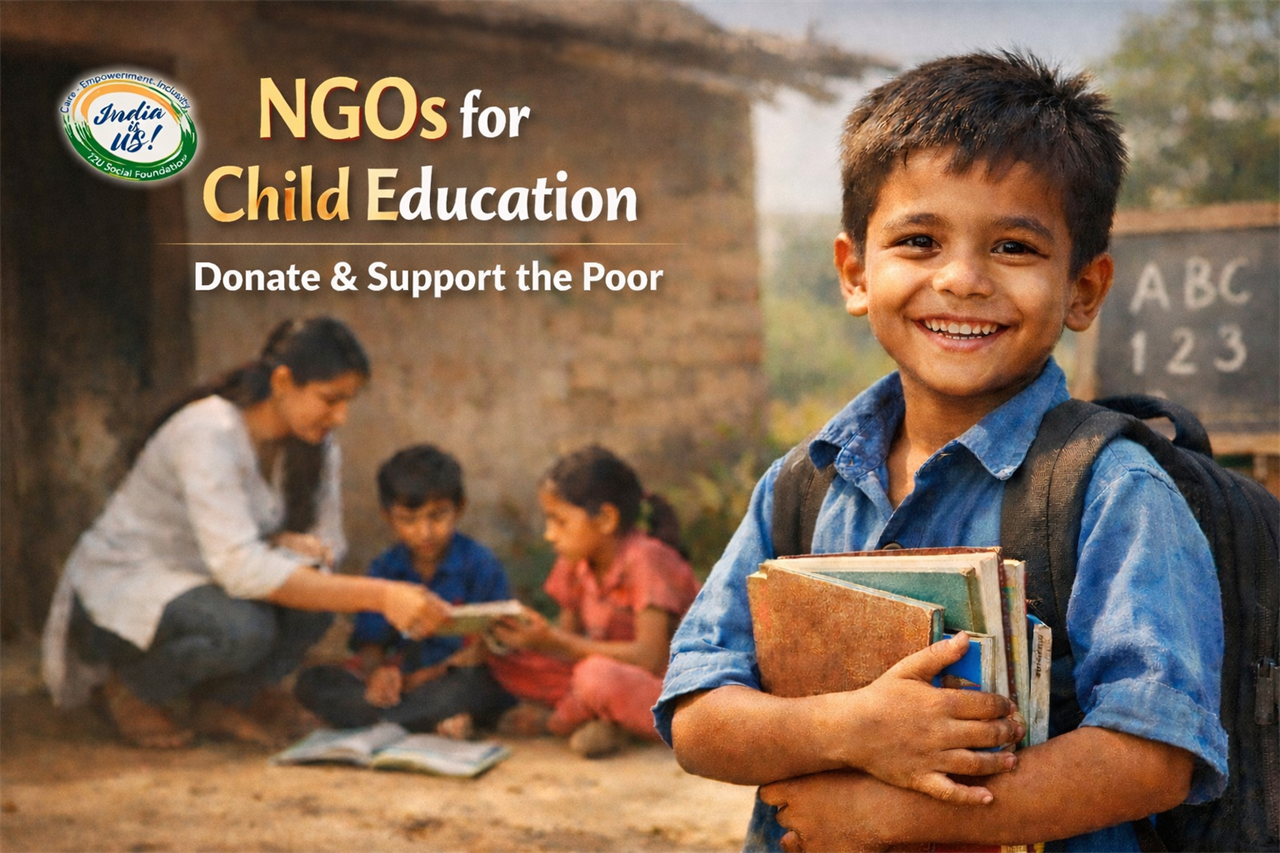
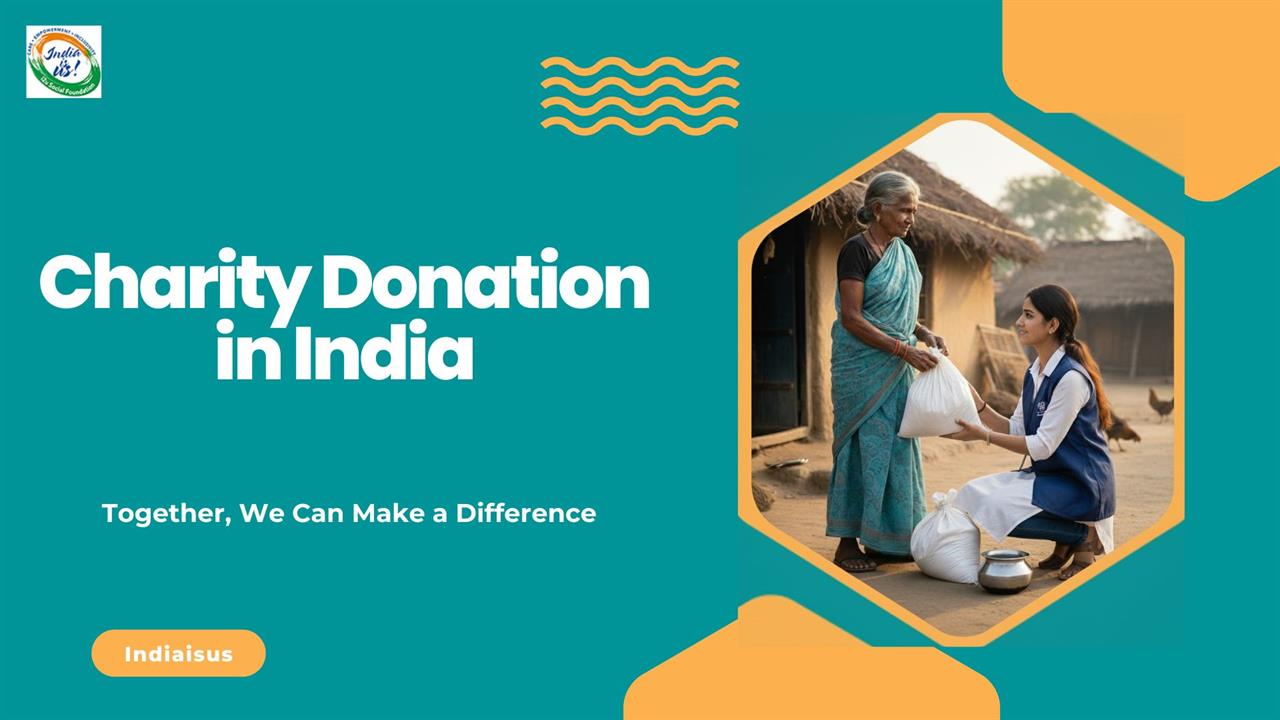

.jpeg)

